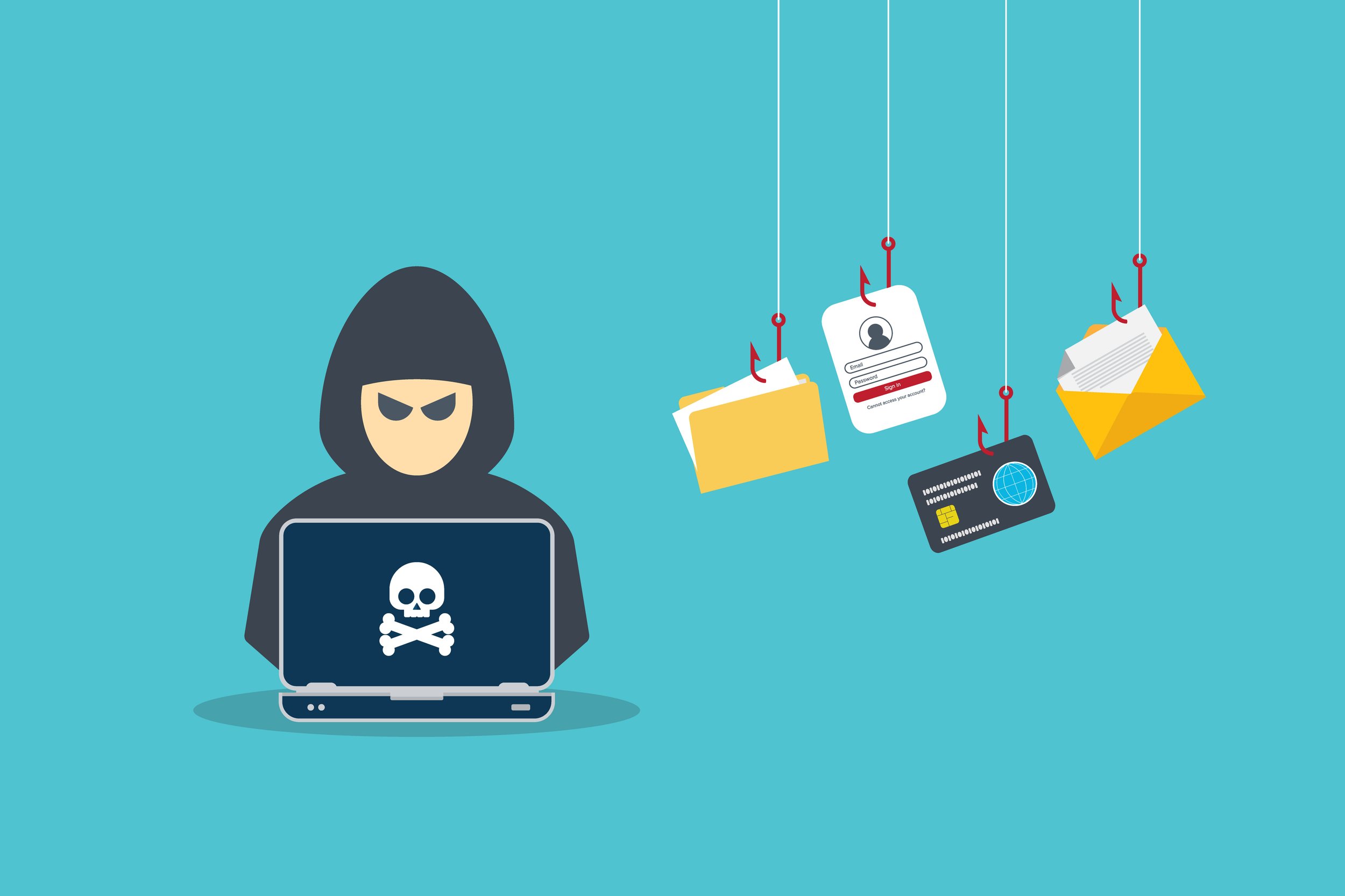National Consumer Protection Week: Tips for avoiding scams and fraud
Have you ever been the victim of a scam or fraud? Older people are often targeted by scammers - but you can stay one step ahead and beat them at their own game. In recognition of National Consumer Protection Week (March 6-12) COVE has put together some tips for staying savvy and avoiding today’s scammers. Read on to protect yourself against today’s most common forms of consumer and healthcare fraud.
Scammers pretend to be calling from an organization you know and trust. Your credit card company, Medicare, even your doctor’s office — scammers will try to disarm you into trusting them so they can get you to share your credit card, Medicare number, or other personal information. Remember this important rule of thumb: If someone calls you and requests your personal information, hang up and call back the organization at the number YOU have for them.
Scammers often pretend to be calling on behalf of the government. Scammers have been known to claim they are calling from the Social Security office, the IRS, or your state’s tax department. They might even claim to be calling from a local police charity, asking for donations. If you are contacted by anyone claiming to be calling from an official office or organization, ask for their name and tell them you will call back the organization at their official number. Do not trust any phone number the caller gives to you. — hang up and look up the organization’s number yourself.
Do not trust your Caller ID to accurately display incoming calls. Scammers have the technology to change the phone number they are calling from so that it appears to be originating from a legitimate organization. The name and number on your caller ID might not be where the call is from. Never trust it or use it to call the “organization” back.
Scammers tell you there is a PROBLEM or that you have won a PRIZE. Scammers might tell you there’s a billing issue for your healthcare and you need to verify your Medicare number or confirm the name of your primary care physician. They might claim to be a family member who is having an emergency and needs you to wire them money ASAP. Or they might tell you that you have won a sweepstakes — but you need to pay a small fee in order to claim your prize. Never take any unexpected caller at face value. Hang up and investigate the matter yourself.
Scammers will pressure you to act immediately and will discourage you from hanging up. Scammers are fast talkers who hope to get the information or funds they want from you before you have time to think or to investigate their claims. No legitimate representative will object if you tell them that you need to hang up and verify what they have told you. And again, don’t trust any phone number that the caller gives to you — look up the organization’s number yourself.
Scammers use threats to scare their victims. Scammers might threaten to arrest you, sue you, take away your driver’s license, or deport you. They might say your computer is about to be corrupted and they need to save your data from a computer virus. If a caller threatens you or uses scare tactics to get you to give them your personal information, hang up immediately.
Scammers ask you to pay them in a specific way. Scammers will tell you that you can only pay by wire transfer, or by putting the money on a gift card and then giving them the number on the back. Sometimes they will even go so far as to send you a check (that will turn out to be fake) and ask you to deposit it and then send them the money by wire transfer or gift card. By the time you find out the check they sent you is fake, you will have already sent them your very real funds. Never give money to someone who insists you pay with a gift card or by using a money transfer service. And never deposit a check and send money back to someone.
Here’s a recap of what you can do to avoid being targeted:
Block unwanted calls and text messages. Talk to your phone service provider about how to block calls and texts from unauthorized numbers.
Don’t give your personal or financial information in response to strange calls, emails, or visitors. Legitimate organizations won’t call, email, or text to ask for personal information, like your Social Security, bank account, Medicare number, or credit card numbers.
If you get an email or text message from a company you do business with and you think it’s real, it’s still best not to click on any links. Instead, contact them using a website you know is trustworthy. Or look up their phone number and contact them to verify that the email was legitimate. Don’t call a number they gave you or the number from your caller ID.
Resist the pressure to act immediately. Legitimate businesses will give you time to make a decision. Anyone who pressures you to pay or give them your personal information is a scammer.
Talk to someone you trust. Even if you think the call is legitimate, before you do anything, talk to someone — a trusted friend, a family member, a neighbor — and tell them about your experience with the caller. Sometimes an objective listener can help you to realize that you were being scammed.
If you have been targeted by a Medicare scam, contact Vermont Senior Medicare Patrol at [email protected] or call 802-229-4731.
If you have been targeted by a consumer scam, report it to the FTC at https://reportfraud.ftc.gov/.

